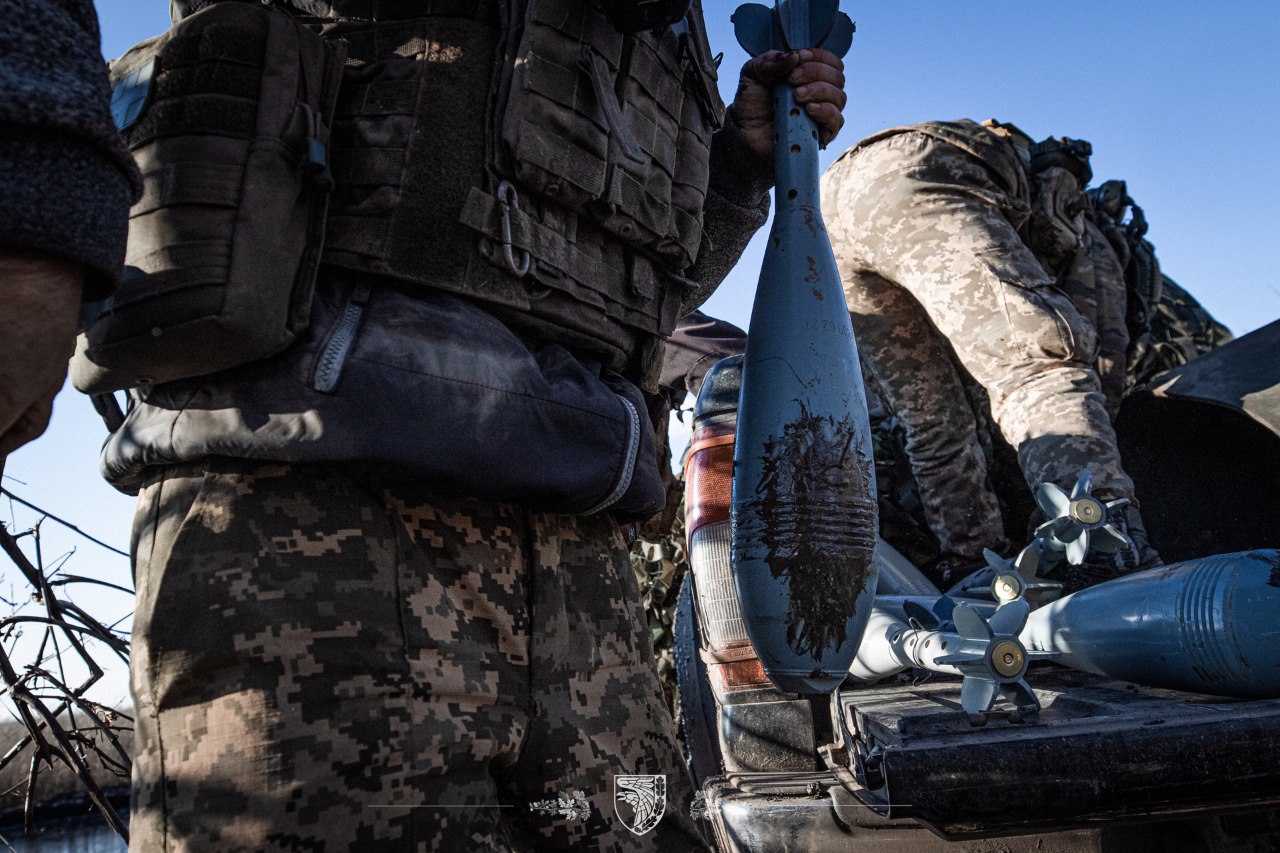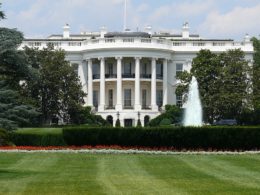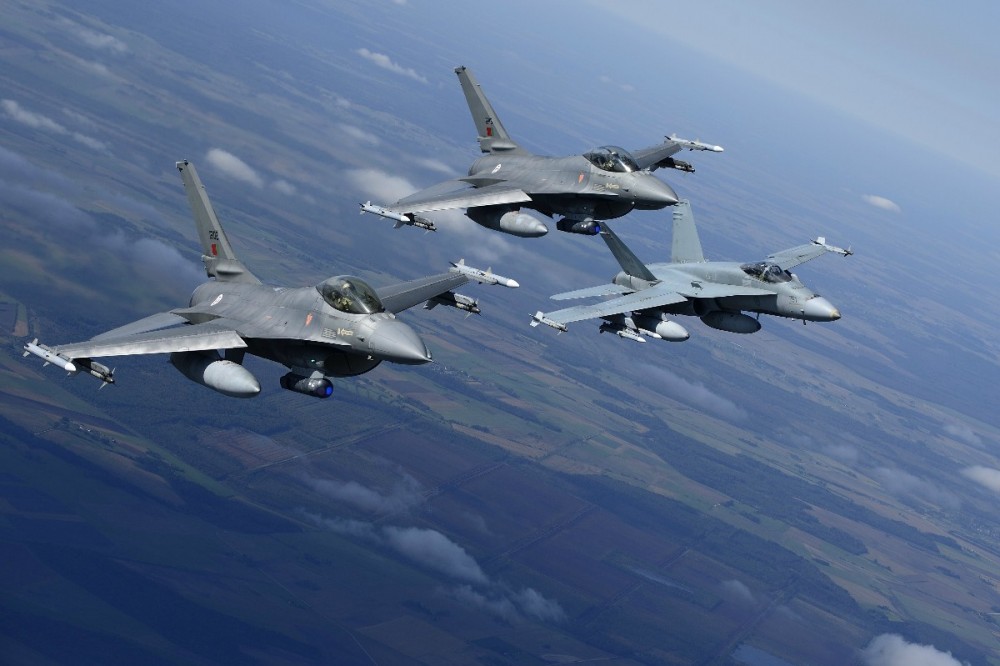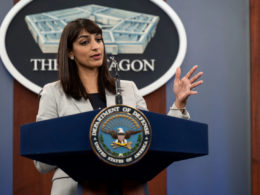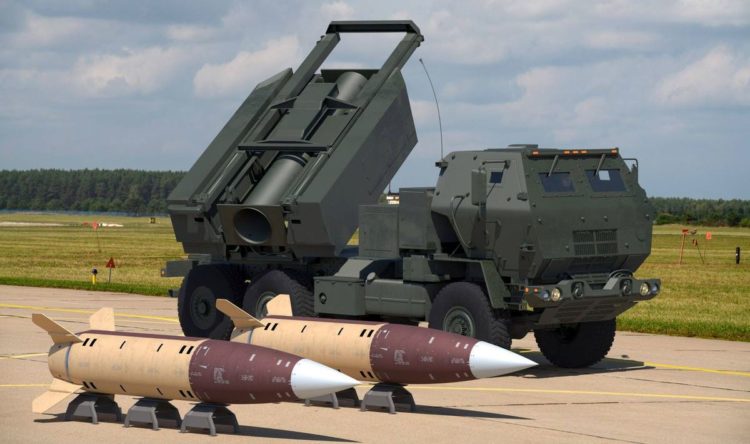The Pentagon has warned about the imminent depletion of funds allocated for military aid to Ukraine. In a letter dated 15 December and published on 18 December, Pentagon Comptroller Michael McCord informed Congressional leaders that the Department of Defense's financial reserves for Ukrainian assistance are nearing exhaustion.
According to McCord, the Pentagon's remaining budget of $1.07 billion is being utilized to procure new weapons and equipment to replace those sent to Ukraine. He highlighted a critical timeline, stating that by 30 December, the Pentagon will run out of funds for this purpose.
McCord's letter underscores the urgency for Congress to resolve the impasse over President Joe Biden's proposed aid package exceeding $60 billion for Ukraine. This funding is essential for Ukraine's defense against Russian invading troops. However, the package's approval faces hurdles, with Republican lawmakers demanding measures for increased US-Mexico border security as a precondition for their support.
"It is essential that Congress act without delay on the Administration's pending supplemental request," the letter reads.
On 12 December, the Biden administration announced a $200 million aid package for Ukraine, which includes various military supplies. After this, only one additional aid package will be feasible unless Congress acts to approve supplemental funding. McCord emphasized the importance of this funding not only for Ukraine's defense but also for maintaining US military readiness.
The timing of the letter allows House Republicans, who commenced their Christmas break without addressing the funding issue, an opportunity to negotiate a solution upon their return after 1 January.
Read also:
- Historic agreement: Germany to deploy troops in Lithuania to reinforce NATO flank
- EU adopts 12th package of economic and individual sanctions against Russia
- Denmark, Sweden to provide Ukraine with additional infantry fighting vehicles
- First UK trade mission to Ukraine boosts defense cooperation
- Reuters: US treasury officials to visit Europe to discuss Russian oil price cap enforcement

